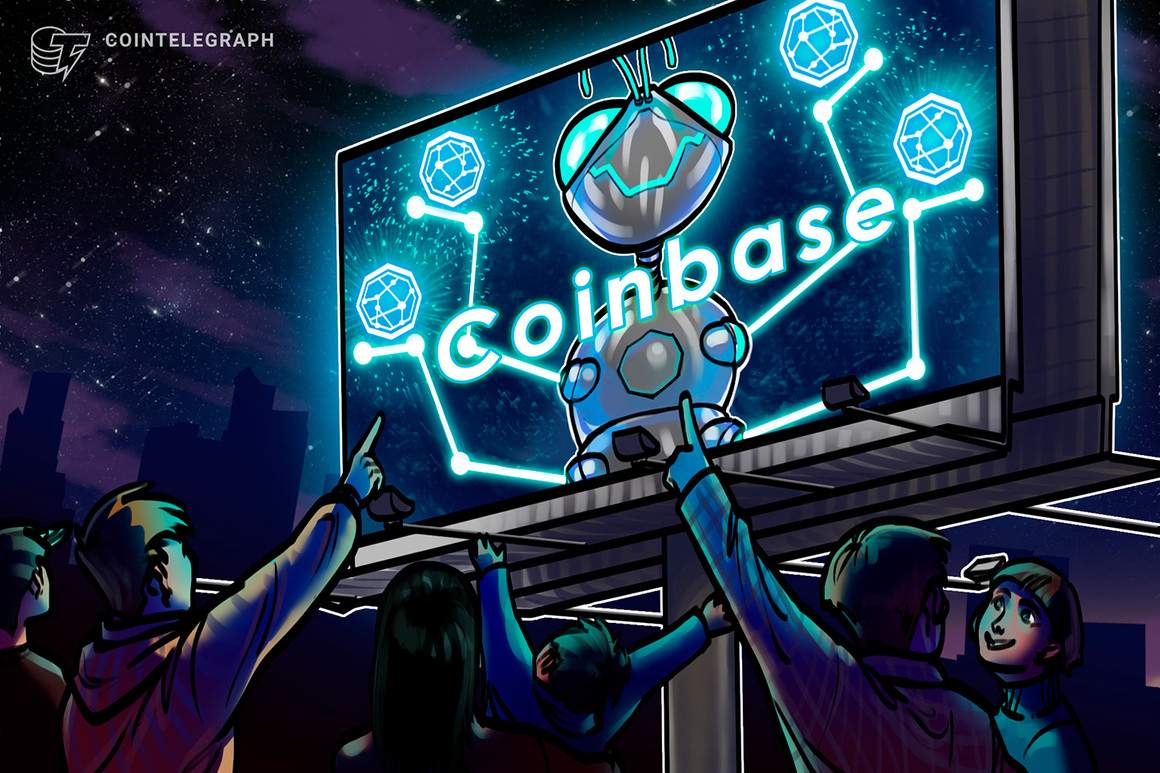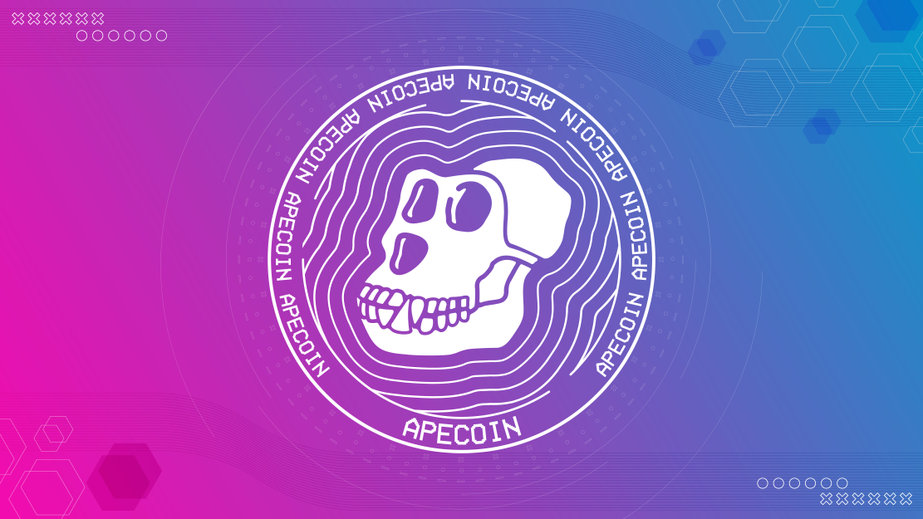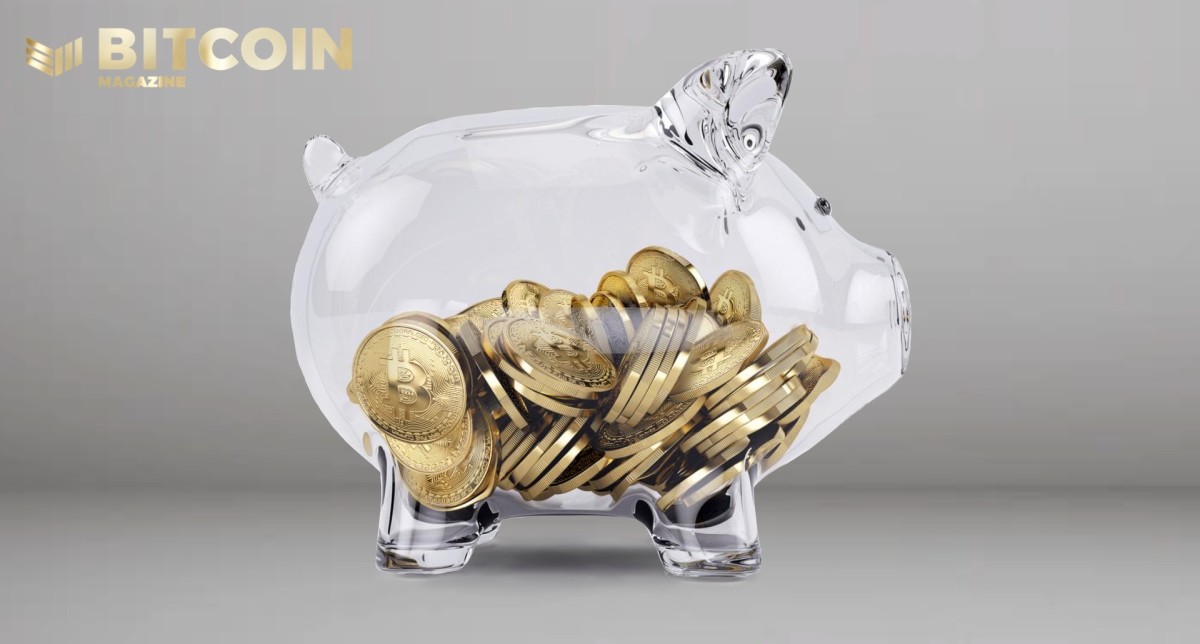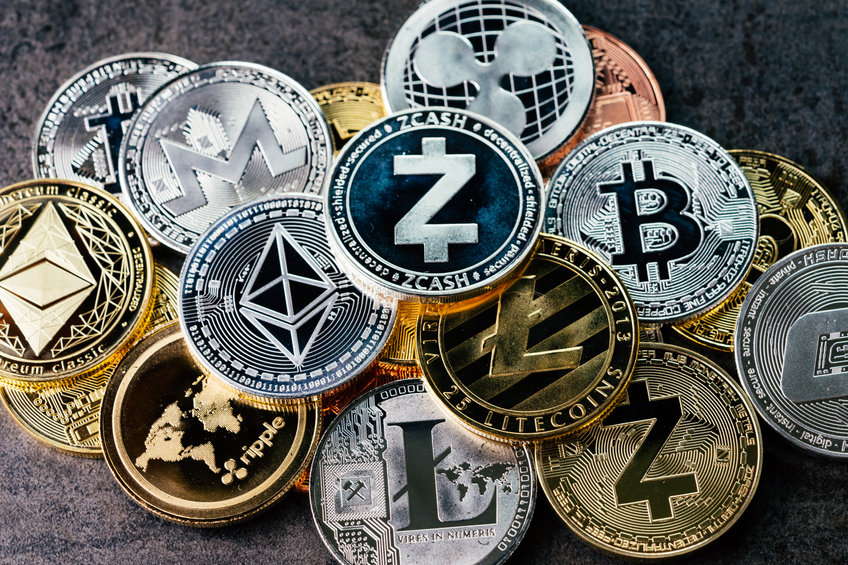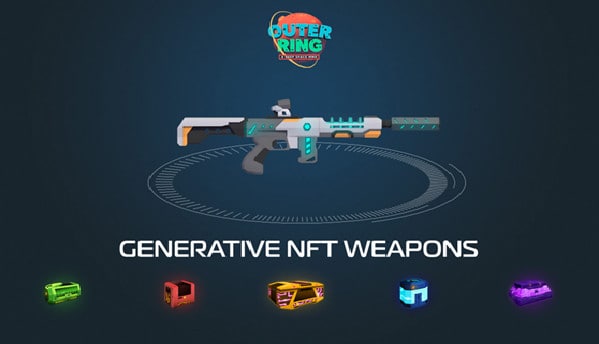Many businesses in Ukraine have had to close or close since the outbreak of conflict with Russia on 24 February, but some in the cryptocurrency sector have been able to continue working, although many workers in bomb shelters are scattered around the world. And facing an uncertain future.
Speaking to Cointelegraph, Arseny Hartavtsov, a Ukrainian national and CEO of Finch, a Ukrainian national and non-fungible token service provider, said that he managed to board one of the last flights from Kyiv to Azerbaijan on February 23, before the country sent several men. began to stop leaving, possibly in anticipation of the need for individuals for the country’s military. Soon after escaping he was joined by his business partner, Chief Operating Officer Alina Varkuta, in Dubai.
The two heard from friends and family abroad and were concerned about their safety, but also considered how they could continue to run Finch and get money to workers in need.
“We were shocked because we couldn’t continue working because our people were in bomb shelters – it’s crazy,” Varkuta said.
“After the war started, I contacted all my clients and said that we would have to suspend our work for at least a week,” said Hurtavtsov. “Luckily, they all understood the situation and they agreed. After that, we tried to contact all our employees. We said that we would give them as much time as they needed and that we would not shoot anyone, because we understood that maybe for two weeks or several months they would not be able to work at all but they would still need to buy food. and other things.”

Finch’s CEO said all 50 of his employees had managed to find a place to live and were safe by the end of March, having received their full salaries. Some who were eligible to leave Ukraine – mostly women – moved to Hungary, Moldova and other European countries, leaving 35 behind. Hurtvtsov and Varkuta said they were able to take much of the burden off Dubai as well as expand the team with additional experts to Ukraine:
“Despite the fact that the war in Ukraine is going on, we are still growing month after month and, at the moment, we have also attracted our first round of investment.”
from the employee’s perspective
Maria Yarotska, an employee of the blockchain company NEAR, told Cointelegraph that she was not able to leave Ukraine until March 2, a full week after the invasion, when Russian military forces were advancing into Kyiv and several other cities. By the end of March, she was living in temporary accommodation in Lisbon as some of her colleagues were considering opening a branch office in the Portuguese capital city.
related: ‘I’ve never paid with crypto before’: how digital assets make a difference amid the war
Like Finch’s employees, many of the men who worked with NEAR were forced to emigrate to Ukraine after a decree was issued by President Volodymyr Zelensky to prohibit men aged 18–60 from leaving. . Yarotska, previously based in the port city of Odessa and working for NEAR since November 2021, assessed the situation for a few days before moving across Europe to Portugal with her baby and dog.
“I told my team very clearly that I would be on the road for six days, and that I would need someone to look after my projects,” Yarotska said. “They agreed because the company is founded by a Ukrainian, but I work in a developer relations department and I am the only Ukrainian in the department and, for that matter, the only woman. They all just supported me, my Waited and got it done.”
He added:
“When the world is falling apart, it’s good to at least count on your company.”
looking to the future
While Varkuta said that Finch plans to open an office in Miami, the company will continue to build its “core team” in Ukraine despite the precarious situation with Russia.
“Ukrainian designers and Ukrainian developers are incredibly valuable in the world with their really reasonable prices,” said Hartavtsov. “At the moment, we are considering moving some of our team members from Ukraine to the United States.”
The CEO of Finch said that Ukraine-based companies dealing with crypto and blockchain, as well as others, still need outside support to stay in business:
“A lot of companies and a lot of investment funds are worried and scared to work with Ukrainians because of this situation and because they don’t want to pay for a project that might be interrupted by some unforeseen opportunity. also need to work, because they need to help their families.”
While some of Russia’s military operations were curtailed for some time, news outlets are reporting that bombings of cities and outlying areas continue. Many in Ukraine still face a lack of infrastructure needed to run a company, including stable internet connectivity, food and water supplies, electricity and medical care.
Across the border, Russia-based firms may face various issues but have nonetheless been affected by the conflict with Ukraine. Many private businesses based outside Russia, including Visa and Mastercard, have withdrawn or completely closed operations within the country. Since the start of the war, crypto exchange Currency.com has announced that it will no longer serve Russia-based users. Meanwhile, London-based crypto exchange Exmo suspended its business in Russia and Belarus, signaling an invasion of Ukraine making the two countries a “high-risk market”.
https://t.co/jRlf17ZGhE no longer provides services for Russian, Belarusian and Kazakh customers.https://t.co/2EfBG2HC9H
— EXMO.com (@Exmo_Com) 18 April 2022
related: Every bitcoin helps: crypto-fuel relief aid for Ukraine
Despite the active struggle, the Ukrainian government has moved forward with legislation aimed at establishing a regulated crypto market, with Zelensky signing a law on 16 March. According to Aid for Ukraine, as of the time of publication in Bitcoin (BTC), Ether (ETH), Tether (USDT), Polkadot (DOT), a crypto donation platform established by the country’s Ministry of Digital, users have been “people in the fight for freedom”. To support” the change sent over $60 million to the official wallet address. Solana (SOL), Dogecoin (DOGE), Monero (XMR), Icon (ICX) and Neo (NEO).
We are excited to reveal more details about what we purchased for Ukrainian defenders with the help of crypto funds @_adforUkraine, Without your support this would not have been possible! We are grateful to all who contributed to our victory pic.twitter.com/mBiac1j77I
— іністерство ифрової трансформації країни (@mintsyfra) 18 April 2022



